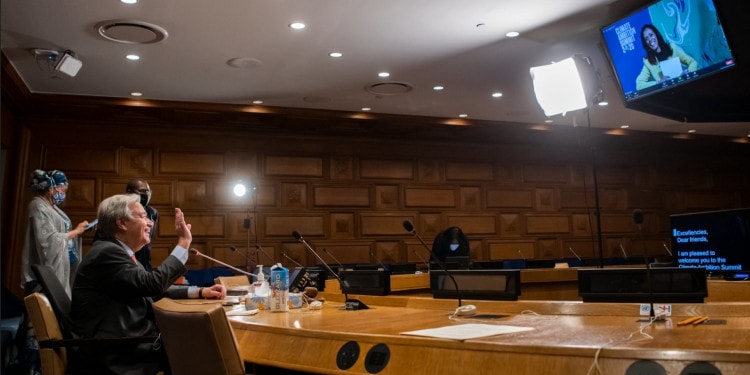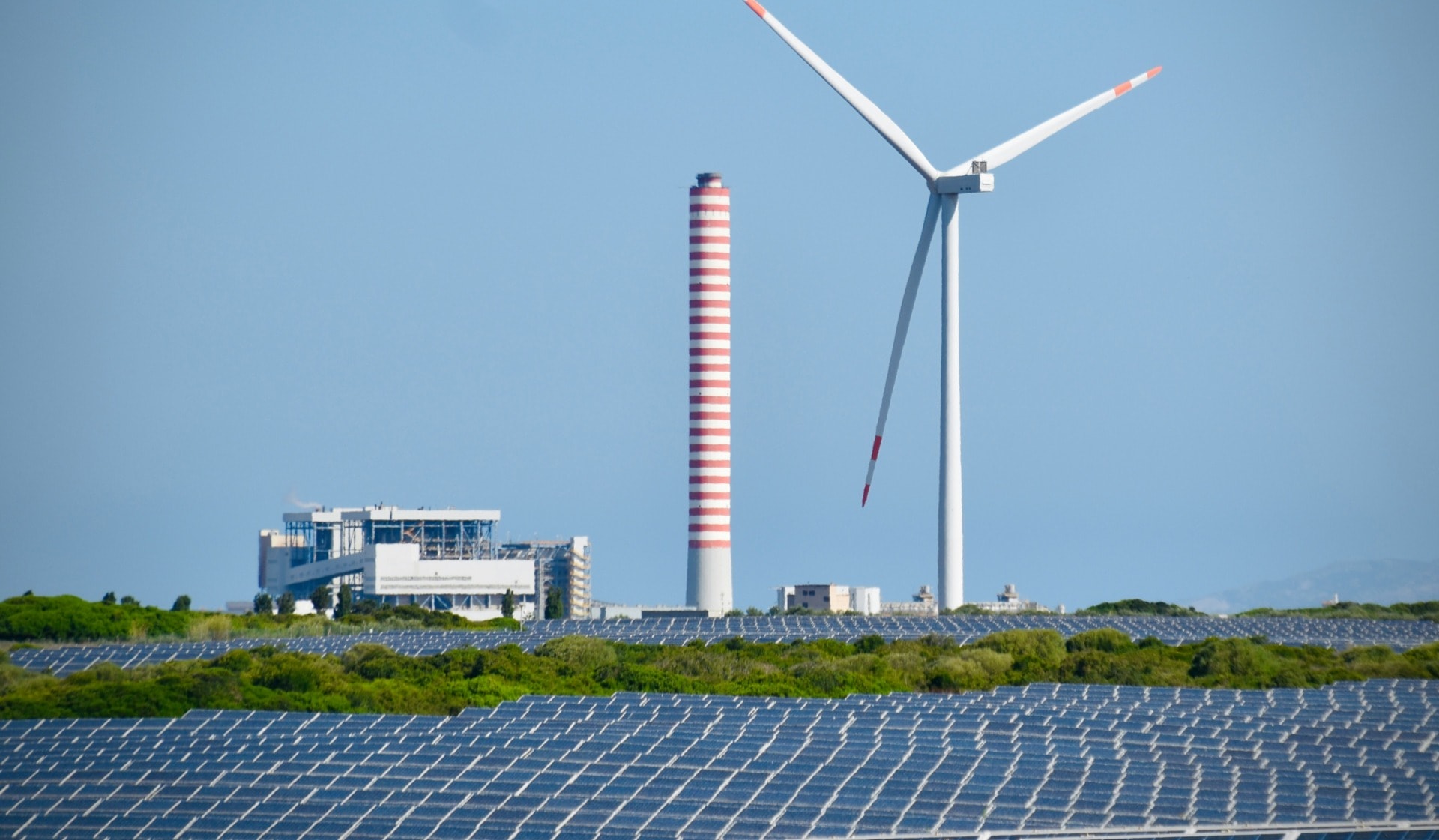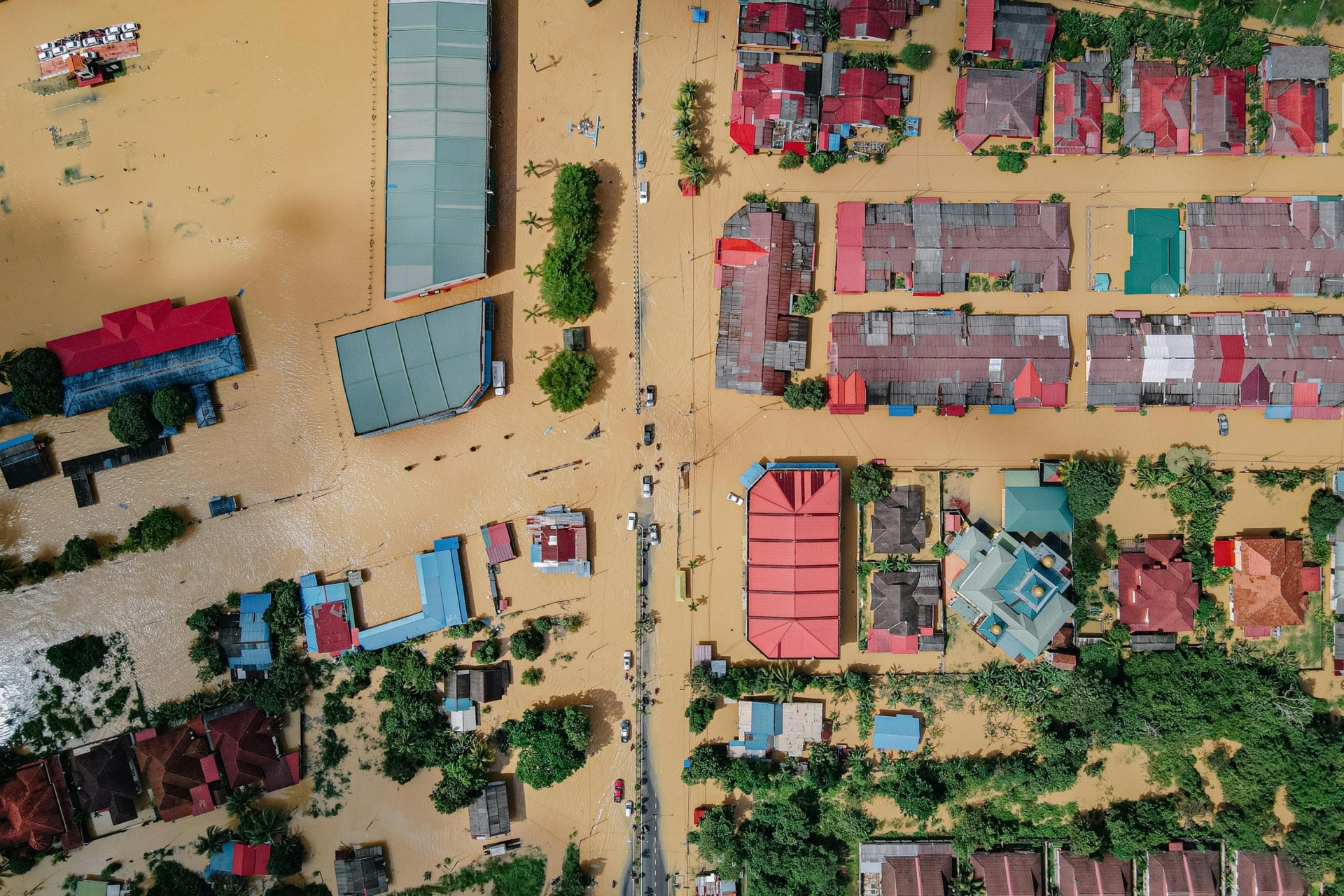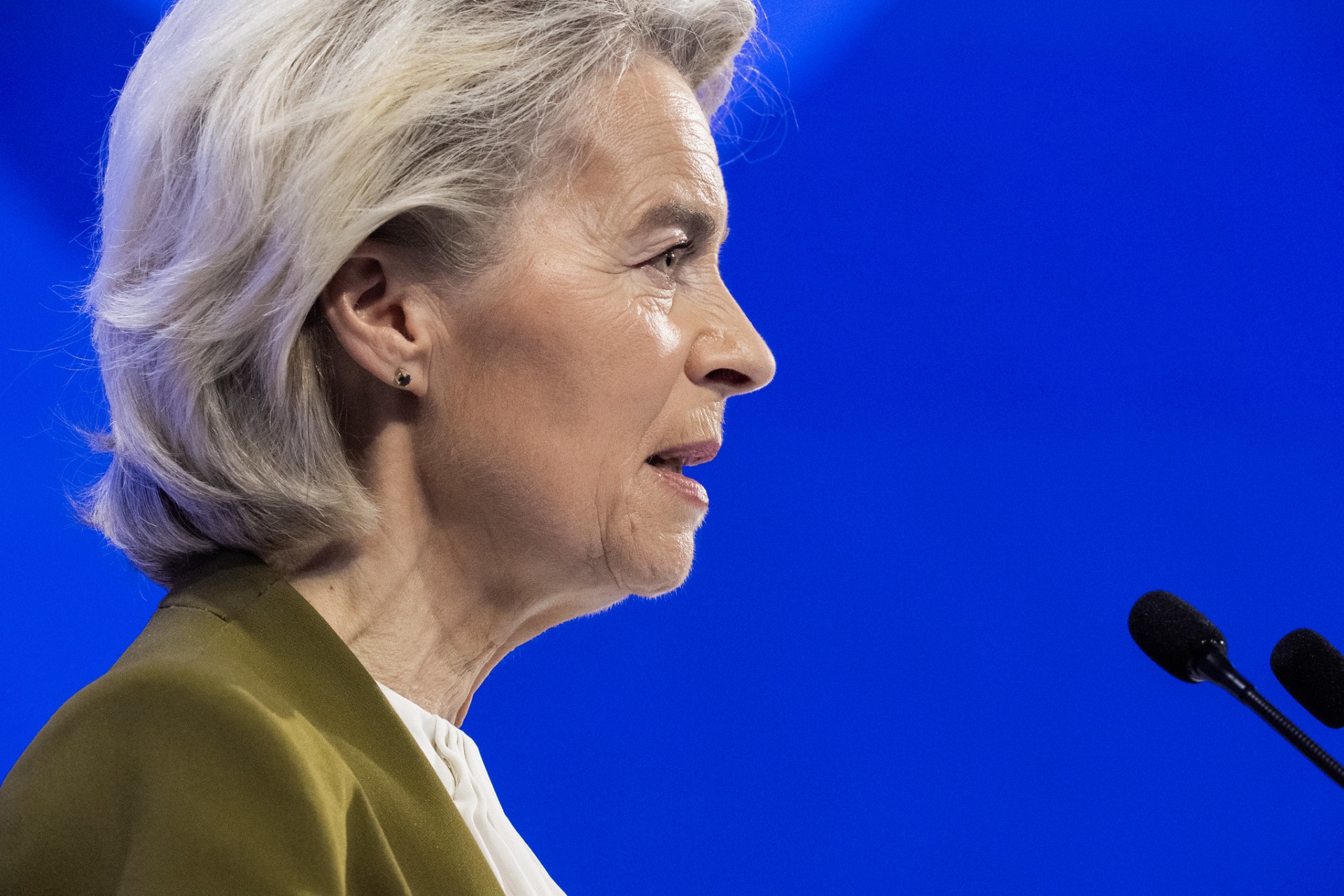The roster of multilateral events for this year is filling up quickly. IISD experts reveal why this leaves them cautiously optimistic. While 2021 could feature seven COPs, five summits, and five key conferences, these come with the giant caveat of immunization. Governments, civil society, and the World Health Organization are calling for COVID-19 vaccines to be made available to all, but there is a real risk of the Global South getting left behind.
Global decision-making processes require participants from all member countries. Without cooperation to protect everyone, these global events risk excluding those most affected by environmental crises.
Catching up on a year’s worth of meetings
There is an enormous backlog of work. A whole year of meetings and their decisions have been postponed: 2020 was to have been busy. In addition to the annual climate and ozone COPs, the biennial biodiversity COP was expected to take a decision on the post-2020 global biodiversity framework.
While some meetings took place and a few mostly operational decisions were taken, there is still much work to do. There are also the meetings normally scheduled for 2021, including COPs on desertification, wetlands, and mercury, as well as the Basel, Rotterdam, and Stockholm Conventions’ “TripleCOP.”
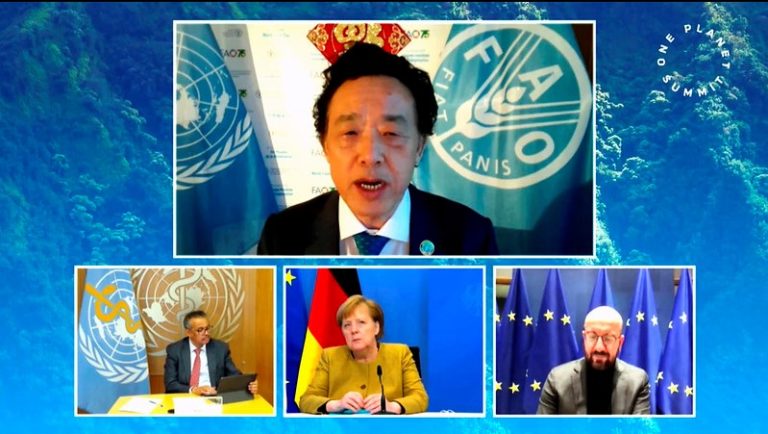
And that’s not all. A number of events that were expected to address Sustainable Development Goal targets with 2020 deadlines were moved to 2021. The fifth meeting of the International Conference on Chemicals Management (ICCM 5), now scheduled for July 2021, is expected to decide the future of the strategic approach to international chemicals management.
There’s also the UN Ocean Conference, the UN Environment Assembly, and the IUCN World Conservation Congress. The World Trade Organization’s Ministerial Conference was expected to further negotiations on eliminating harmful fishing subsidies, among other issues.
Related Articles: Daring Cities: Empowering Local Leaders in the Fight Against Climate Change ¦ UN Summit on Biodiversity
Before this backlog can start to clear, several subsidiary bodies have to meet to advance discussions and prepare recommendations for the COPs. While some smaller subsidiary bodies went ahead in 2020, the UN Framework Convention on Climate Change (UNFCCC) and the Convention on Biological Diversity (CBD) postponed their large subsidiary body meetings.
The UNFCCC has yet to confirm the new dates for these meetings, although the COPs is slated for November 1–12.
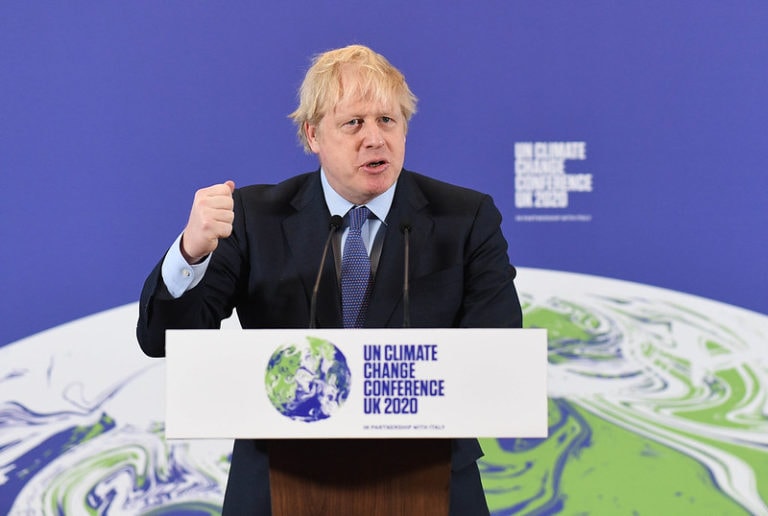
The CBD hopes to convene meetings of its subsidiary bodies, followed by the final meeting of the open working group that is negotiating the Post-2020 Global Biodiversity Framework prior to COP 15. The dates for all of these meetings are still to be announced, but—like the UNFCCC subsidiary bodies meeting—the sequence matters and can’t be rushed.
It seems we’ll all await announcements for some time. Before every meeting, documents must be prepared and shared (usually six weeks before the meeting). Given uncertainties and procedures, it’s unlikely we’ll see much in the first half of the year. The end of 2021—or more likely early 2022—could be very busy indeed.
Summits for “cross-cutting” issues
Planning for a number of summits is moving ahead. High-level events focused on food systems, energy, and water will seek to bring global attention to these issues, which are not governed by a single global treaty. The events on energy and water will be the first high-level global discussions on these topics in several decades.
The High-level Meeting on Water-related SDGs will be held virtually in March. If the others also have to proceed online, it may not be a problem. After all, we saw that high-level statements can work well online at the Climate Ambition Summit and Summit on Biodiversity. People from around the world also gathered to discuss issues in virtual events during the High-level Political Forum.
In person or online, these are three issues that can truly benefit from high-level attention. While renewable energy has proven “COVID-proof,” the pandemic disrupted food systems and underlined how essential water (and the sanitation services it provides) is for global health.
G7 and G20 leadership: An injection of political will?
The G7 was in an off-year in 2020 (the U.S. presidency didn’t organize a summit). The G20 was quiet on climate issues, perhaps as expected under Saudi leadership. In 2021, these clubs of powerful states could step up on climate, energy, and other environmental issues—particularly given the tonal shift promised by the incoming U.S. administration.
Italy will host the G20 this year, and the United Kingdom takes the helm of the G7. Both are “co-hosts” of the November climate change meeting in Glasgow. This creates huge potential for climate change to be firmly on the agendas of the G7 and the G20.
These clubs set the tone for serious efforts to address global challenges. Beyond political will, they can take tangible steps to increase climate finance, reduce fossil fuel subsidies, or coordinate an environmentally friendly response to the pandemic. As the world seeks to roll out mass vaccination programs, the planet needs injections of political will—and action—for its protection.
About the author: Lynn M. Wagner is the Senior Director of the Tracking Progress program at IISD. Jennifer Allan is a Strategic Advisor and Team Leader with Reporting Services, as well as a Lecturer at Cardiff University.
EDITOR’S NOTE: The opinions expressed here by Impakter.com columnists are their own, not those of Impakter.com. — In the Featured Photo: Secretary-General António Guterres delivers a speech at the United Nations Climate Ambition Summit 2020. Featured Photo Credit:UN Photo/Mark Garten


